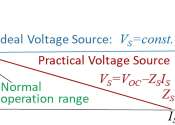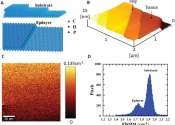Synergically improved energy storage performance and stability in tri-layer films with crystalline sandwich structures
As a green, sustainable, and competitive technology relative to batteries and electrochemical capacitors and featuring a high charge storage capability, the dielectric capacitors excel in low cost, long cycle-life, and a ...
Mar 29, 2024
0
7









